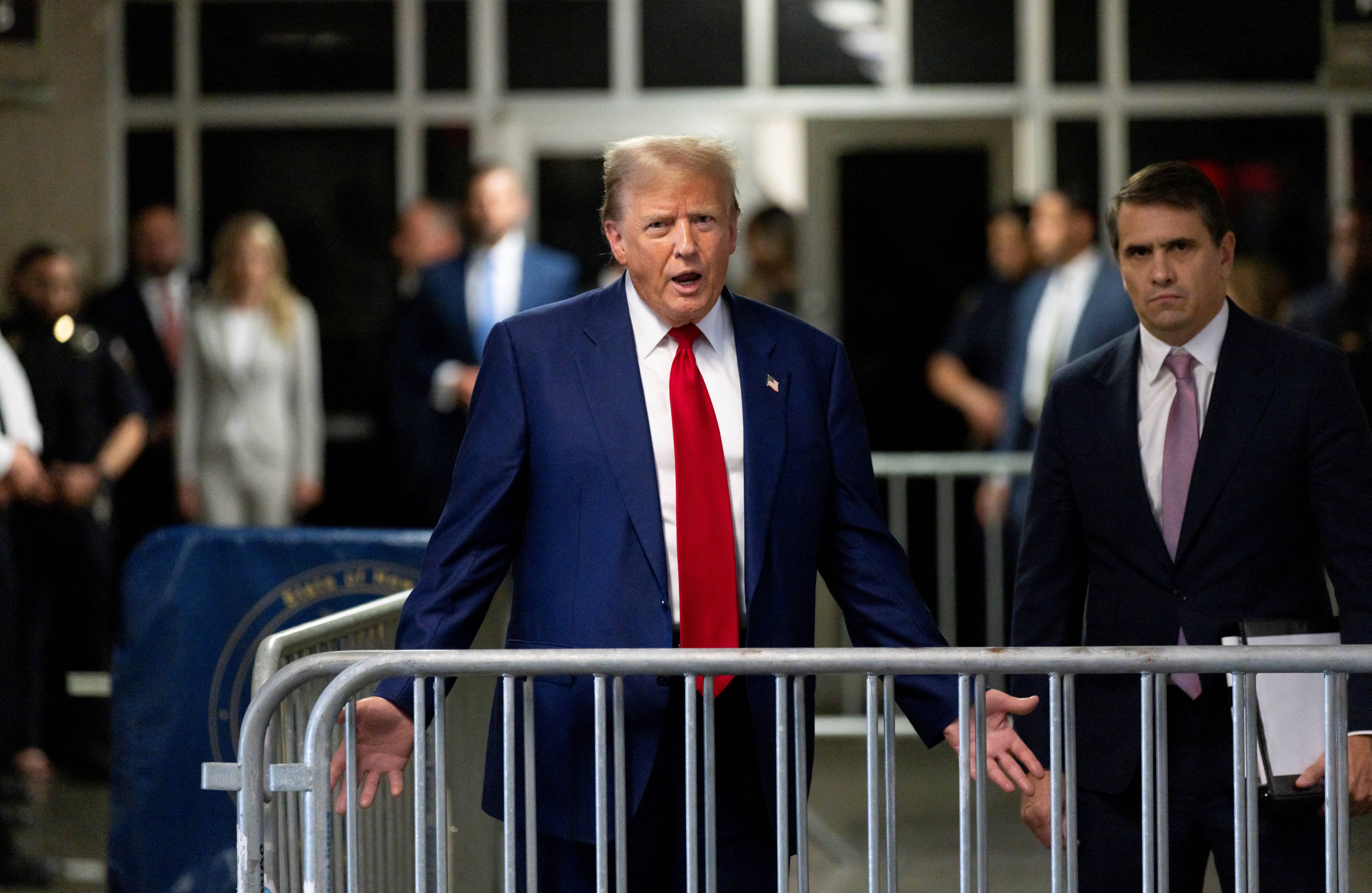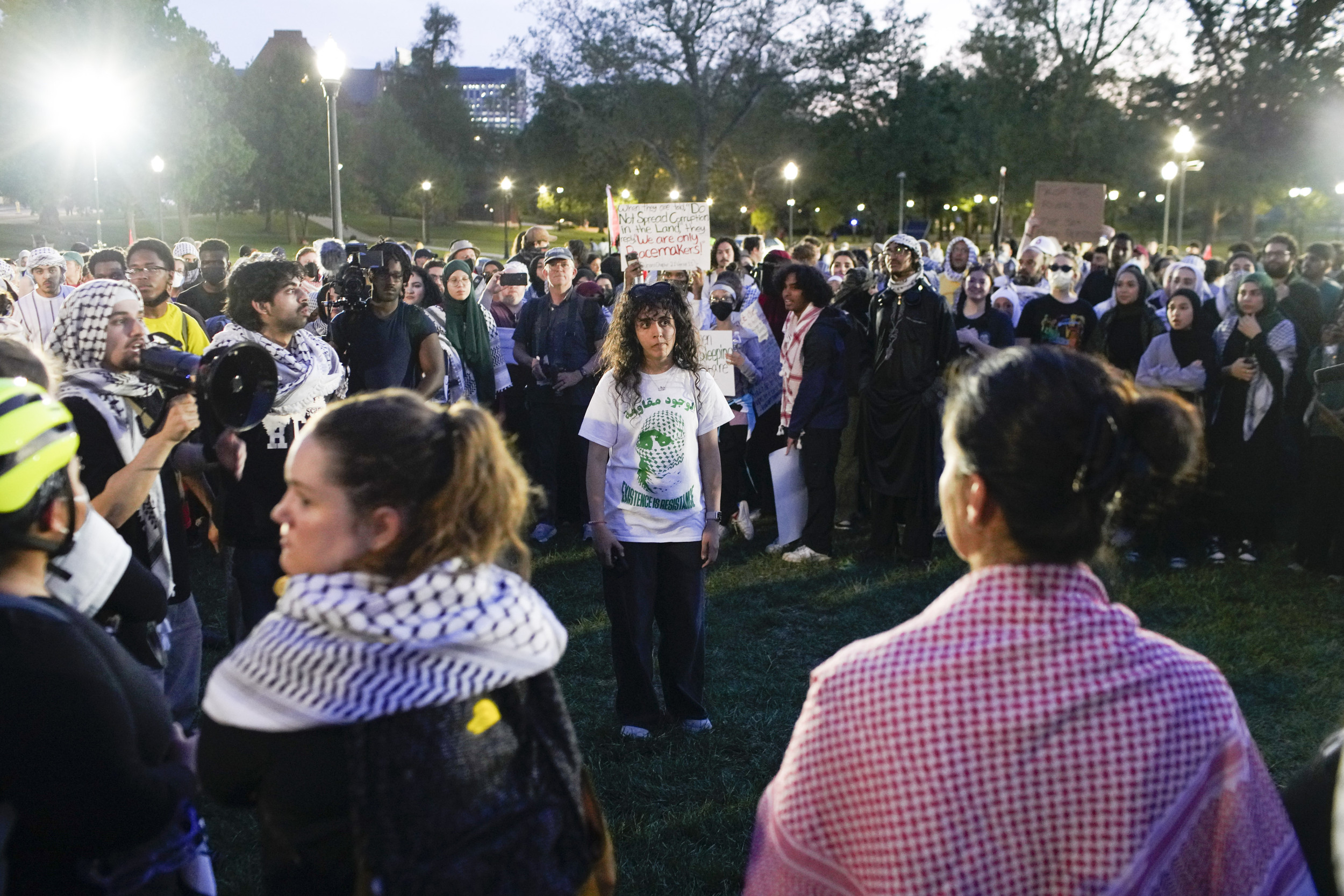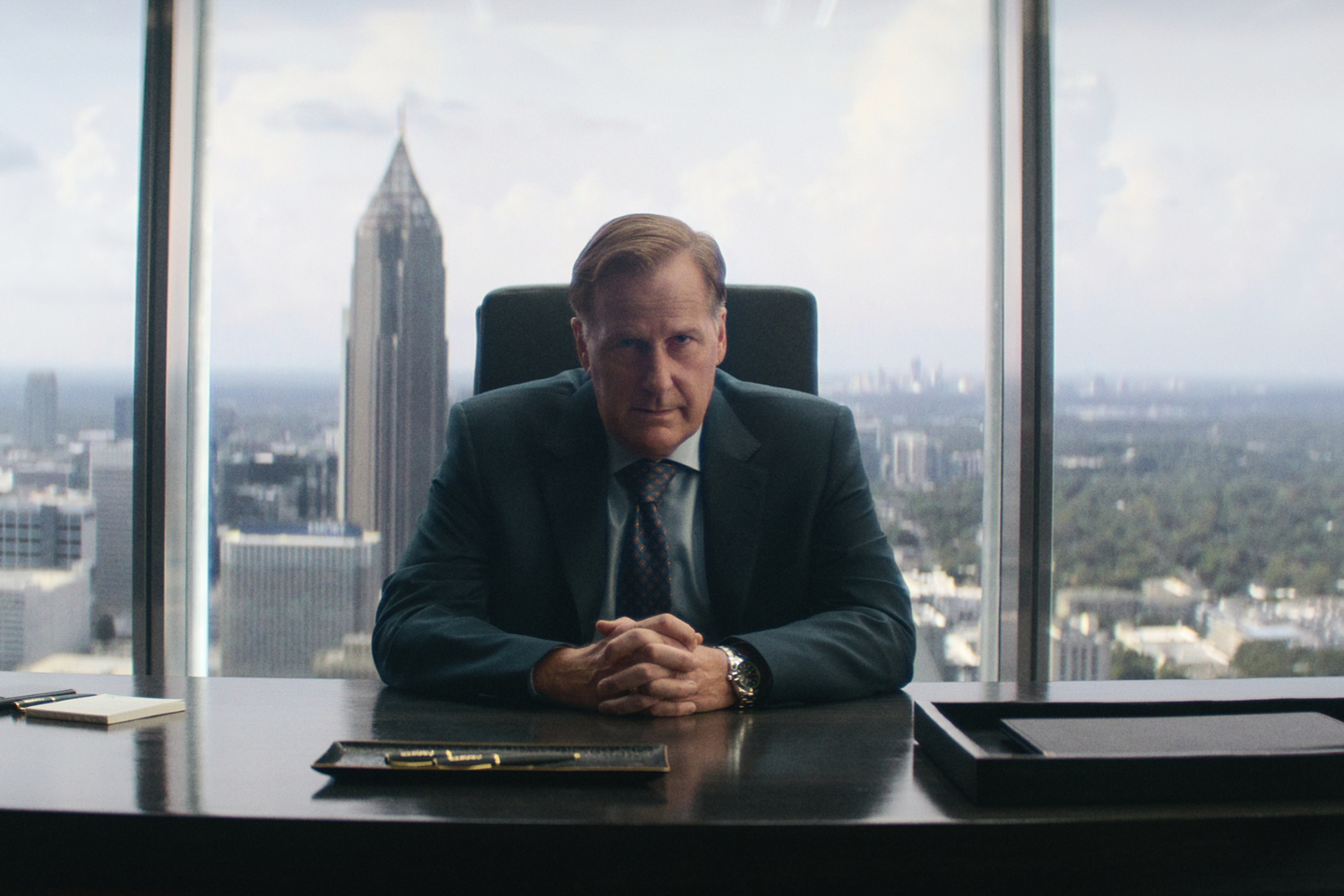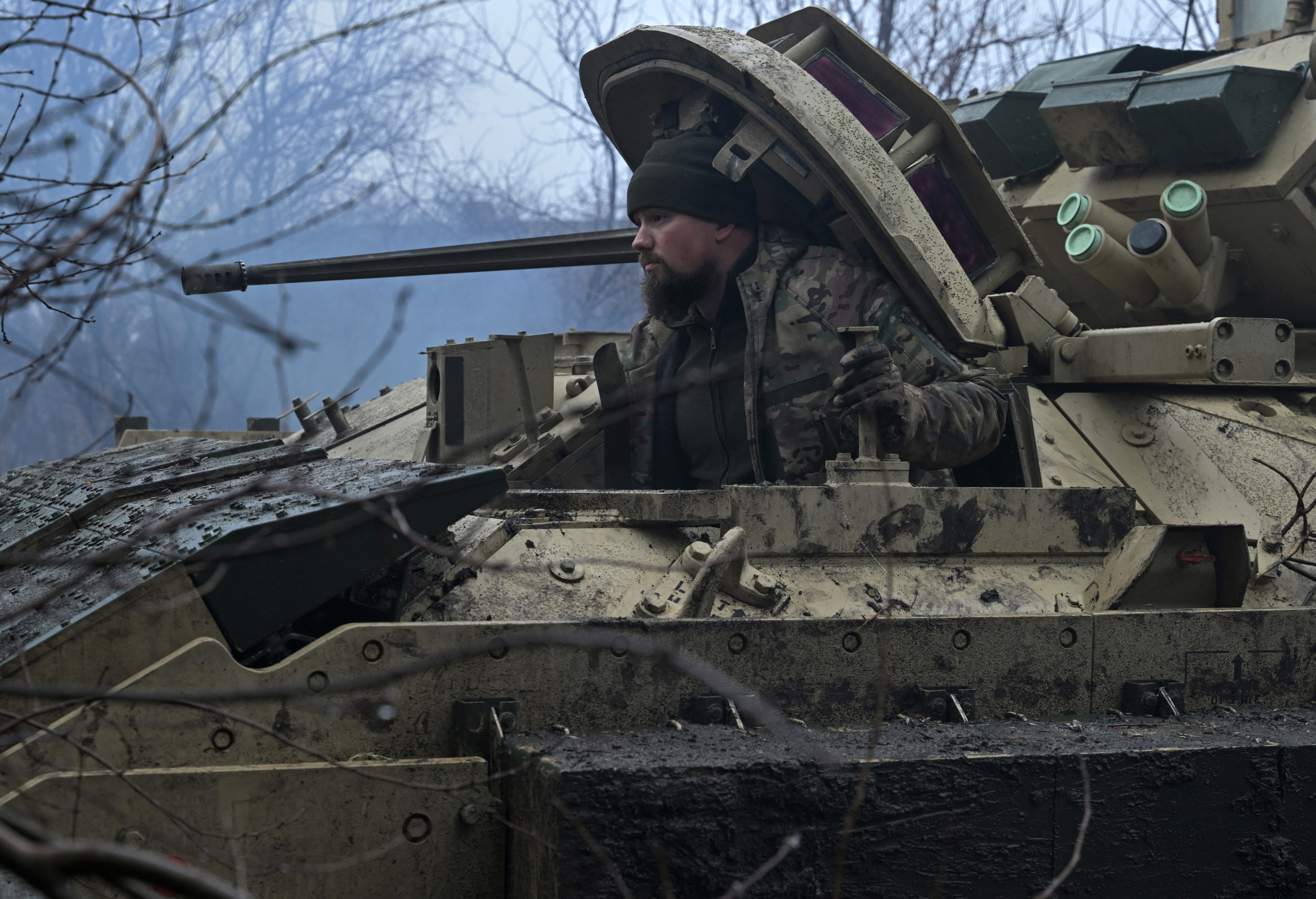One of the most horrific results of America's failed and utterly nebulous "War of Terror" is an Africa left teetering on the brink of chaos.
The continent has become a grim theatre of ever-escalating terrorism, violence, anti-poverty protests, and disillusionment. A recent report from a Pentagon research institution shows deaths from terror attacks in Africa surged an astonishing 100,000 percent since the beginning of the U.S.' global anti-terrorism campaign. That surge includes a 20 percent increase in Islamist violence in the past year.
These bleak metrics are a brutal reminder that Africa has become a "global epicenter" of jihadism, as local and international terrorists have joined forces in the face of America's scattershot attacks on the Middle East.
And yet, 23 years after 9/11, America has no appetite to address the disaster left in the wake of the problem it created.
The U.S. and the rest of the West's callous neglect of a continent riven by division, extremism, and economic and climate meltdown ignores the disastrous consequences it could have for the world.
Along with the jihadi terror cells of Daesh (also known as ISIS) and al-Qaeda, Russia and China have been planting more flags in the continent by erecting military bases and embedding mercenaries accused of some of the world's most horrific human rights abuses—particularly against African women.
These superpowers are on a mission to extract Africa's vast resources—and use its youth to wage wars. Their growing stranglehold on the terror-torn continent could easily slide towards all-out global conflict.
Only last month African leaders at the African Union Commission's summit urged world leaders to take action in the continent before it's too late. But America's idea of helping fix its "forever war" is—predictably—military-based.
Last month also saw a U.S.-led operation codenamed "Justified Accord" launch in Kenya, bringing together 1,000 military personnel from 23 nations to "increase partner readiness for peacekeeping missions, crisis response and humanitarian assistance."
But a "fix" from the West in the form of its idea of "nation building" or more military personnel is not what is needed to heal the splintered continent.
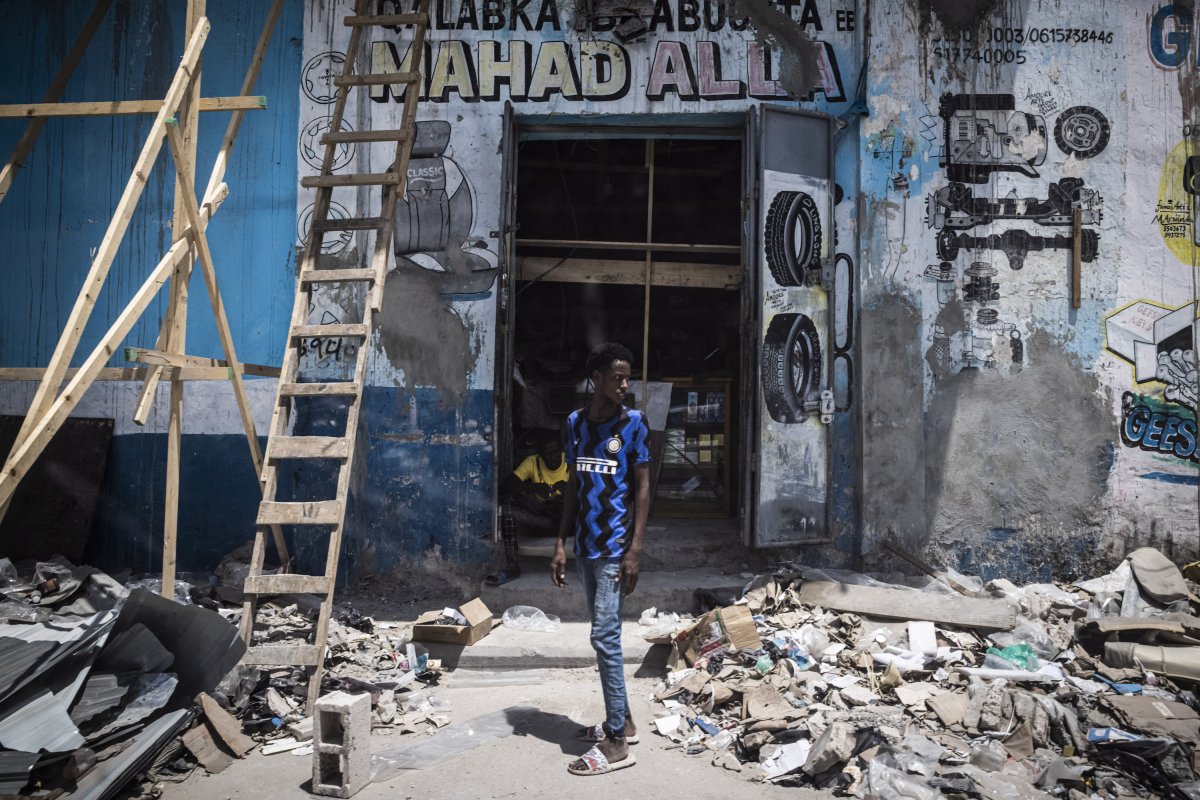
Figures from Afrobarometer—a pan-African, non-partisan research network—shows most Africans believe the military should stay out of politics, and 7 in 10 think "democracy is preferable to any other kind of government."
Trust in democracy is, however, being undermined by rampant corruption across Africa, with 60 percent convinced it has increased and officials are failing to control its spread.
The West should be working with pan-African movements capable of mobilizing civil society leaders to fill the chasm of distrust that leads to coups and sends millions into the arms of terror groups.
Leadership from civil society could make all the difference. After all, faith-based organizations have spent years filling the political, economic, and social vacuums left by America's war on terror. In fact, according to one World Bank report, 50 percent of health and education services in Sub-Saharan Africa in 2000 were provided by faith-based organizations, which are rapidly expanding to implement programs which counter conflicts on the ground.
in Mali, Think Peace Sahel reduces intra-communal conflicts by engaging community leaders and empowering vulnerable groups. In Kenya, the Inter-Religious Council of Kenya brings together a myriad of faith groups in a concerted effort to challenge and dismantle the foundations of extremist ideologies. And across the continent, the largest Islamic NGO in the world, the Muslim World League (MWL), has been making inroads by using its groundbreaking Charter of Makkah to break the cycle of Islamist violence before it even begins.
As the MWL's secretary general, Dr. Mohammed Al-Issa, has said, "we need to annihilate religious severity and extremism which is the entry point to terrorism." This is exactly what the Charter, which was endorsed by 1,200 leading Islamic figures from 139 countries in 2019, aims to do. The MWL actively applies its tolerant vision of Islam to capacity-building programs designed to address and mitigate the underlying factors that lead individuals towards terrorism. For instance, it recently collaborated with the African Islamic Union—which boasts an estimated 100 million followers across the continent—to leverage the Charter of Makkah in training a new generation of imams.
But in addition to acknowledging and supporting African-led initiatives aimed at peace building and conflict resolution, the West must also forge economic partnerships strong enough to loosen Russia and China's growing footholds.
Importantly, whoever is elected later this year in the U.K., EU and U.S. elections must be wide awake to how disastrous America's war on terror has been for Africa.
The leaders of the West must be pushed to accelerate plans to rebalance global security and develop Africa by injecting money in the right ways, and in conjunction with readily available civil networks which offer an alternative to corrupt political forces.
If the world, and particularly the West, does not reconsider its approach to peace building, then Africa—soon home to 25 percent of the planet's population—is doomed to lose millions more to extremism and terrorism.
Christine Odera is a Kenyan peace and security expert. She is also a member of the Board of Directors for Kenya's National Youth Service, the Co-Chair of the Kenya Coalition on Youth Peace, and a former Global Coordinator of the Commonwealth Youth Peace Ambassadors Network based in London.
The views expressed in this article are the writer's own.
Uncommon Knowledge
Newsweek is committed to challenging conventional wisdom and finding connections in the search for common ground.
Newsweek is committed to challenging conventional wisdom and finding connections in the search for common ground.
About the writer
To read how Newsweek uses AI as a newsroom tool, Click here.



